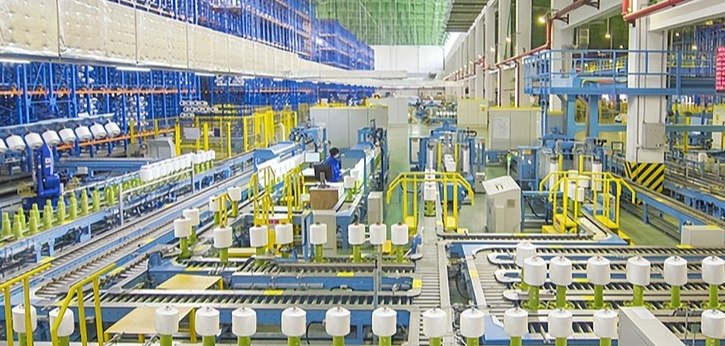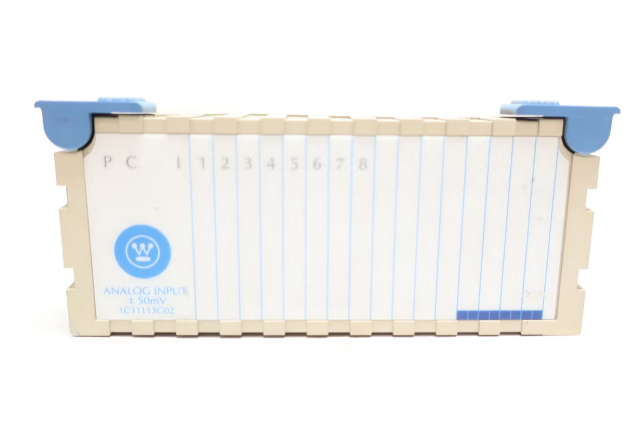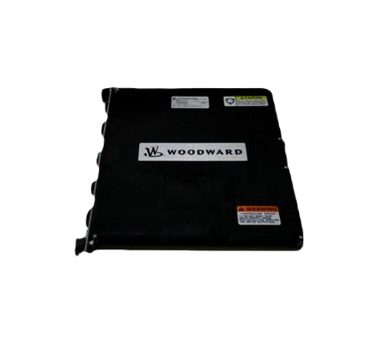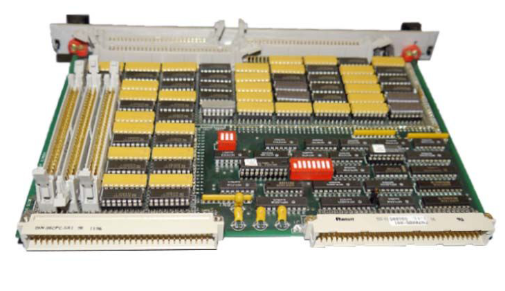Development of bio-based and biodegradable plastics in China
Bio-based and biodegradable plastics are not compatible with current recycling systems
Some bioplastics are compatible with existing recycling chains, and in the absence of strict separation and sorting, biobased plastics can contaminate existing plastic recycling systems. For example, PLA can contaminate the mechanical recovery chain of polyethylene terephthalate (PET), but bioplastics of bioPET or biopolyamide (PA), which have bio-based monomers polymerized with petroleum-based materials, can be recycled with conventional plastics without changing technology or machinery, recycling them in recycling facilities along with existing plastics. But as with all materials, bioplastics must be paired with proper collection procedures and infrastructure for successful recycling or composting.
Bio-based and biodegradable plastics cost more
At present, the cost of bio-based and biodegradable plastics is high. According to public information, the current product price of polyethylene (PE) material plastic per ton is 8 800~12 000 yuan/ton, and the cost of polypropylene (PP) material plastic per ton is 6 700~8 500 yuan/ton.

However, the price of PLA material plastic is 16 000~
30 000 yuan/ton, PBAT plastic price in 21 000~
25 million yuan/ton, 3-hydroxybutyrate and 3-hydroxyvalerate copolymer (PHBV) plastic price is about 30 000 yuan/ton, is 2 to 3 times the conventional plastic. Taking biological mulch as an example, Xinjiang uses about 250,000 tons of mulch every year, and if all are replaced with biological mulch, the cost per ton will increase by 20,000 yuan, and the mulch expenditure in Xinjiang will increase by 5 billion yuan.
Development direction of bio-based and biodegradable plastics
We will continue to advance supply-side structural reform
China's plastic processing continues to deepen reform and opening up, and the supply-side structural reform of the industry has achieved remarkable results and unprecedented innovation vitality. Under the joint promotion of scientific research institutions and enterprises, bio-based plastics can gradually make application progress in the field of original high-performance engineering plastics, high-performance resin-based composite materials, high-temperature resistant special insulation materials, coatings, and high-temperature resistant and efficient functional films.
Continue to promote the application of bio-based and biodegradable plastics in direct food packaging materials such as plastic wrap, plastic shopping bags, rolled bags, disposable tableware, promote the use of bio-based and biodegradable plastics in the express and postal binding tape industry, promote the formulation of industry standards and key technical standards for bio-based materials and degradable plastics, and promote industrial large-scale production and application. Expand the supply of bio-based and biodegradable plastics.
Improve product quality and function to promote consumption upgrade
The development direction of bio-based polymer materials is to make them have the same or better performance than existing materials, and the design and synthesis of bio-based monomers that can meet the requirements of high performance and functionalization of bio-based materials is a key issue to expand the application of bio-based polymer materials and improve the competitive advantage of petroleum-based plastics. Academician Jian Xigao of Dalian University of Technology introduced bio-based aromatic heterocyclic monomers to prepare plastics with high temperature resistance, which plays an important role in the preparation of high-performance bio-based plastics and its popularization and application.
The improvement of the supply capacity based on technological progress will make bio-based plastics and degradable plastics downstream products more possible, and the better matching of supply and demand will also be more able to meet the needs of personalized, diversified, functional and other end products, thus further increasing the consumption of bio-based and degradable plastics.
Pay more attention to overseas consumer markets
Globalization has never been the choice of a country or an individual; it is the inevitable path of the "invisible hand" of the market in the course of history. Regional division of Labour is no longer the same. The future globalization may not be limited to geographical location links closely connected with intercontinental and continental plates, and the construction of the industrial Internet makes the communication of the world more convenient.
Europe and other countries have strict requirements for environmental protection, and bio-based plastics and other products have great potential in the EU market. It is predicted that from 2018 to 2025, the annual demand for bio-based plastics will maintain a growth of 3.6%. At present, there are obstacles to the development of the bio-industry in Europe, such as production costs, but there are also great opportunities, and some environmentally friendly policy measures may increase the consumption of bio-based products.
Policy suggestion
Strengthen the supervision of plastic treatment
- ABB
- General Electric
- EMERSON
- Honeywell
- HIMA
- ALSTOM
- Rolls-Royce
- MOTOROLA
- Rockwell
- Siemens
- Woodward
- YOKOGAWA
- FOXBORO
- KOLLMORGEN
- MOOG
- KB
- YAMAHA
- BENDER
- TEKTRONIX
- Westinghouse
- AMAT
- AB
- XYCOM
- Yaskawa
- B&R
- Schneider
- Kongsberg
- NI
- WATLOW
- ProSoft
- SEW
- ADVANCED
- Reliance
- TRICONEX
- METSO
- MAN
- Advantest
- STUDER
- KONGSBERG
- DANAHER MOTION
- Bently
- Galil
- EATON
- MOLEX
- Triconex
- DEIF
- B&W
- ZYGO
- Aerotech
- DANFOSS
- Beijer
- Moxa
- Rexroth
- Johnson
- WAGO
- TOSHIBA
- BMCM
- SMC
- HITACHI
- HIRSCHMANN
- Application field
- XP POWER
- CTI
- TRICON
- STOBER
- Thinklogical
- Horner Automation
- Meggitt
- Fanuc
- Baldor




































































































































